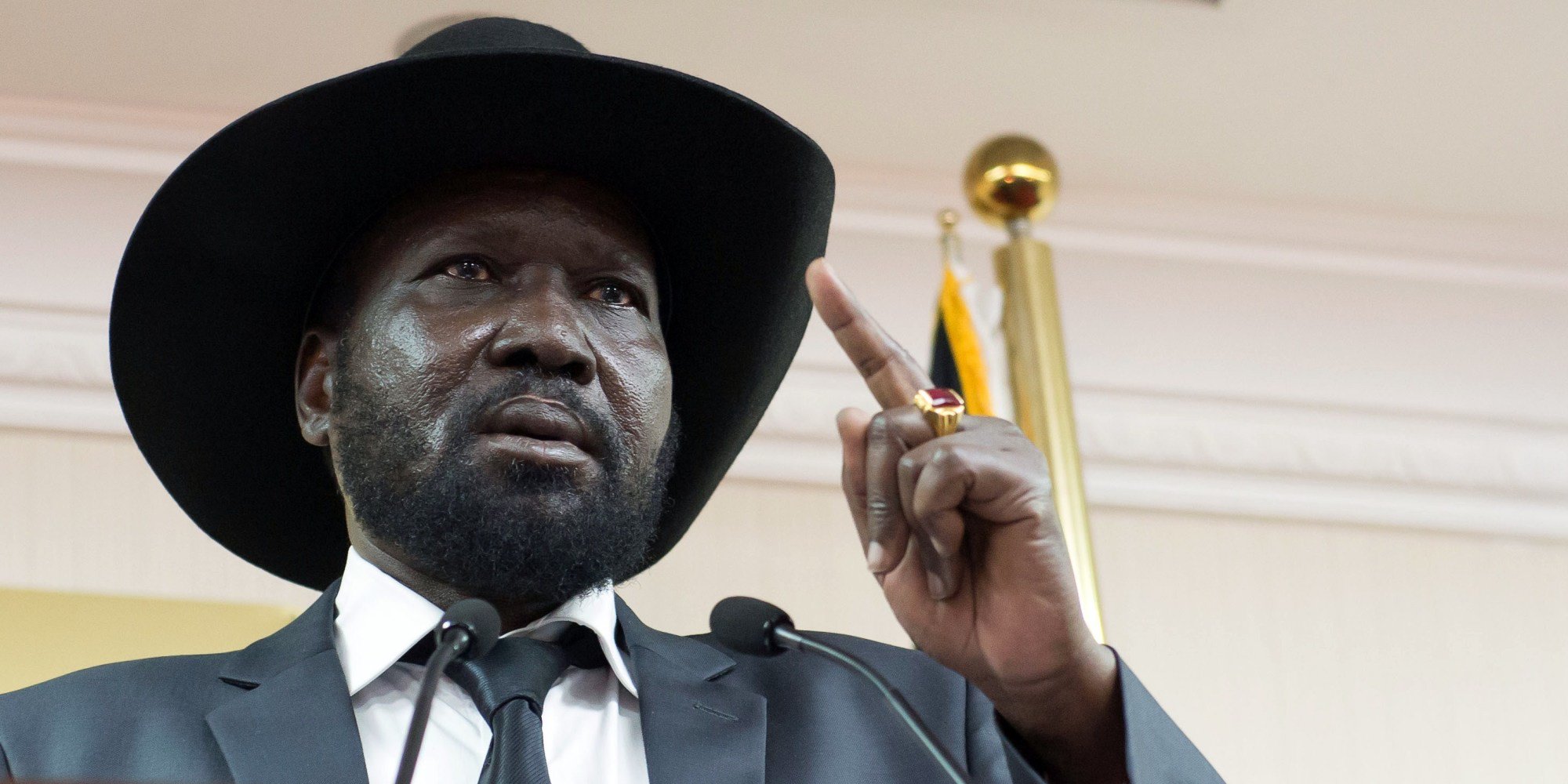
South Sudan ceasefire brings hope for the new year
In South Sudan, four years of civil war is causing inflation and acute food shortages, despite the creation of a unity government after a 2015 peace deal violence continues.
Some are hopeful the most recent ceasefire will herald good things for the year to come.
Clashes between government and various armed opposition groups continue in the country, denying many the opportunity to build their lives and livelihoods.
“I have stepped out from school since 2015 and I don’t have parents to support me go to school, I wish God may help me so that someone may help me next year to go back to [a] senior one and complete my education,” Joseph Gor Gabrial, an Internally Displaced Person, told CGTN.
The 2015 peace deal didn’t bring the hope for tranquility with its security arrangement chapter not being implemented.
The Security situation in South Sudan since 2013, with violence spreading across the country, has seen around four million people displaced and thousands killed.
A revitalisation of the peace process is now underway, with a new ceasefire now signed and some in South Sudan’s capital are hopeful.
“I want to wish our political parties that they come up with programs that will develop South Sudan, not only lip service, now we want implementation of the promises made,” said Chance Baniko, a Juba Resident.
Juba says it’s working to bring peace back to the country, and South Sudanese President Salva Kiir Mayardit said in a statement: “While we find ourselves at [a] crossroads, we must press forward and choose the path that leads us back to peace and prosperity, as a government, we remain committed to this principal.”
Concerted efforts by aid agencies ensured mitigation of famine declared in early 2017 but inflation continues to push prices of basic goods beyond the reach of many.
Experts now warn the country will experience severe food shortages in 2018.






